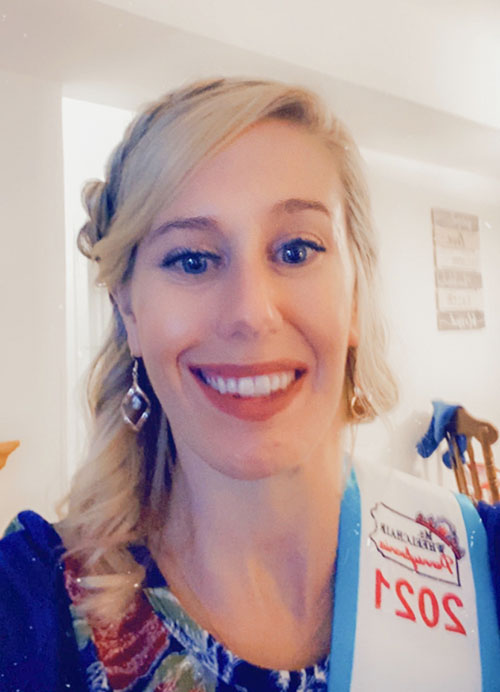 by Jessica Keogh, MEd
by Jessica Keogh, MEd
The COVID-19 pandemic has proven to be challenging for all, but for people with disabilities the struggles have been more intense.
As an adult living and working with a physical disability, I can attest to the challenges posed by COVID. Because of my disability I rely heavily on the support of care attendants who assist me with my activities of daily living (ADLs). With the pandemic, my care schedule was thrown off as many were uncertain of the implications of the virus. For weeks I pieced together my schedule (all while adjusting to virtual teaching!).
Regardless of COVID, working full-time while having a disability and transitioning into full-on adulthood is hard. I of course have to think about the typical adult things like bills, work, and car and home maintenance, but add on the disability factor and it’s a new ball game. One that I don’t know how to play. Navigating the home and community based supports (HCBS) has been challenging.
While there are certainly many negatives surrounding the pandemic, I believe it has brought to light the struggles people with disabilities have been facing on a continuing basis. This time has provided us the opportunity to share our stories and create change as we navigate a new and more inclusive normal.
About the Author: Jessica Keogh, MEd resides in West Chester, Pennsylvania, where she teaches students who have difficulty regulating their emotions. Born with Muscular Dystrophy, Jessica has dedicated her life to educating, advocating for, and empowering people with disabilities (and those without) so they can live their most empowered lives. Her post was originally published on the raisecenter.org blog.


